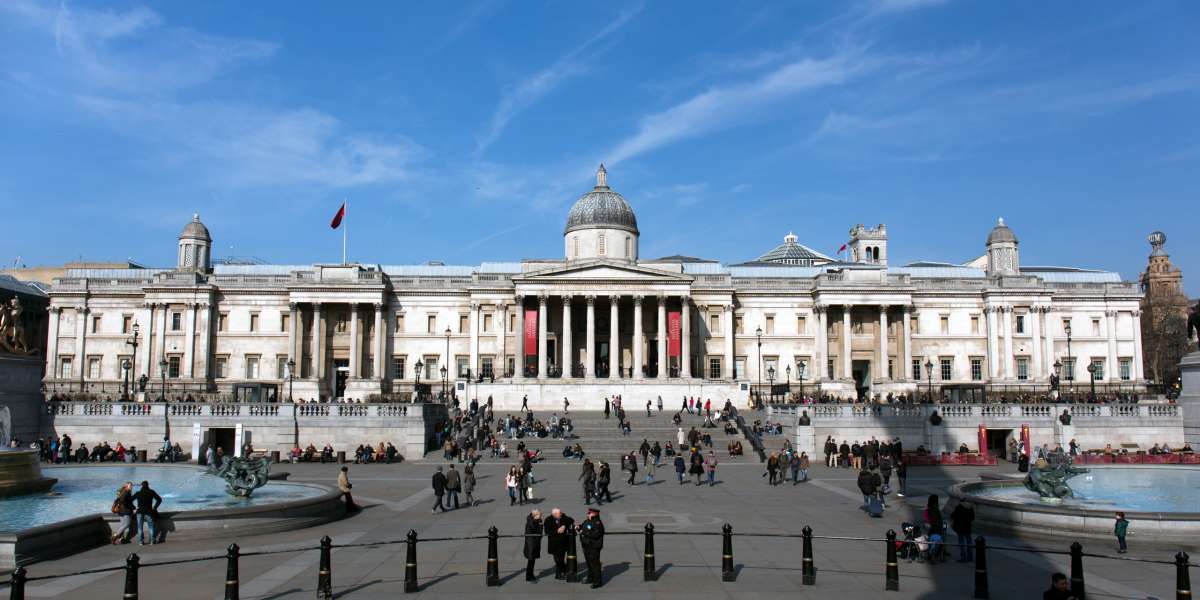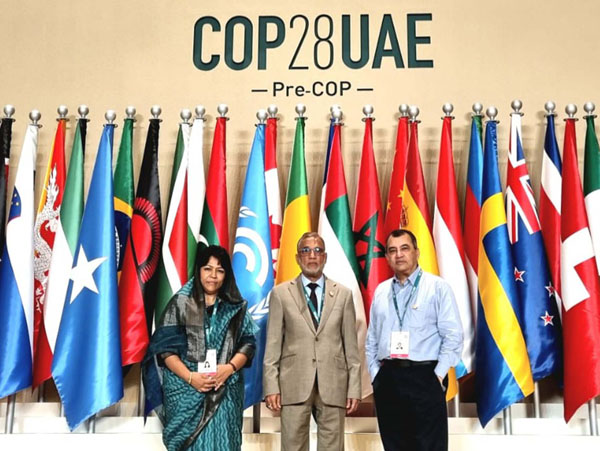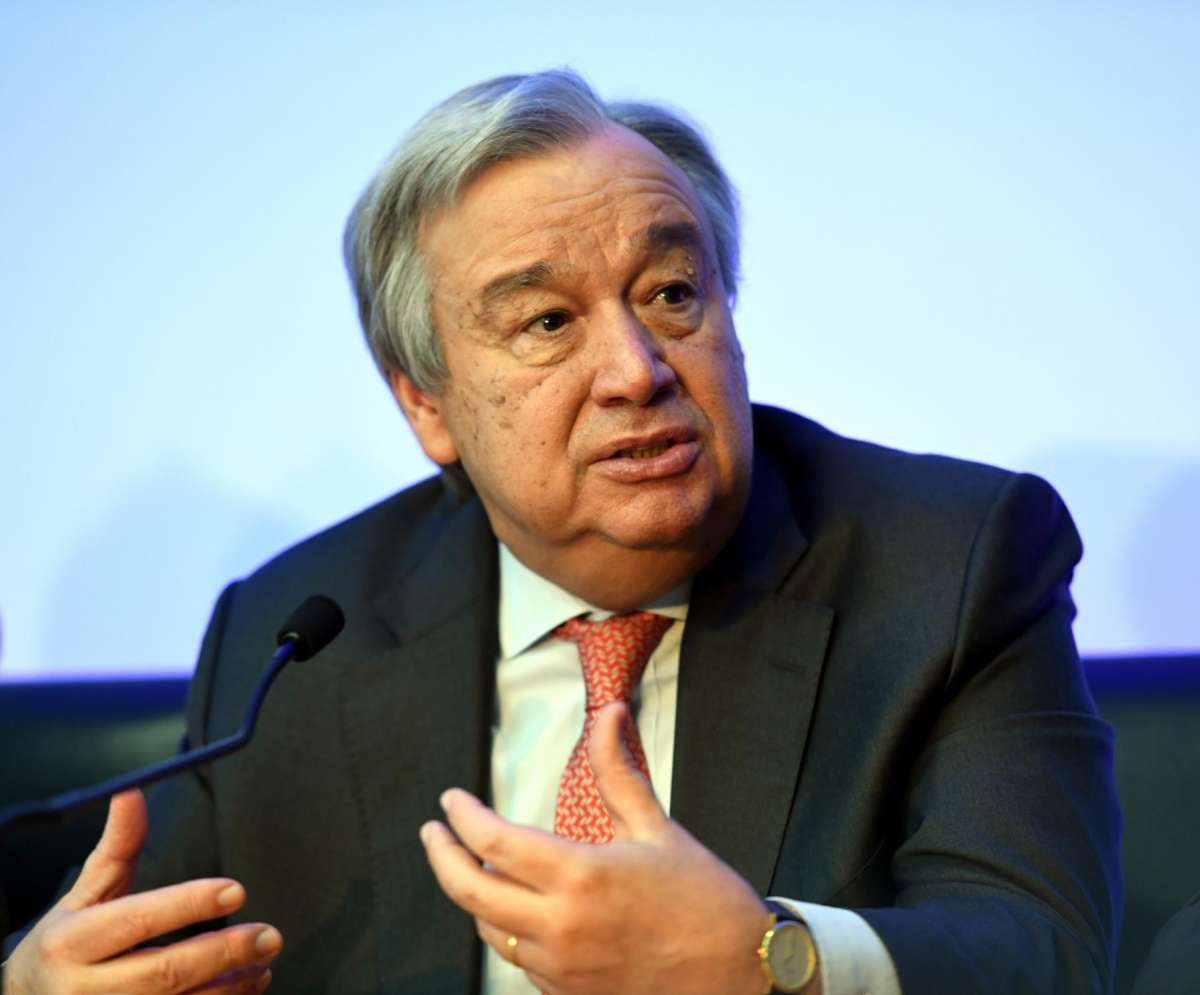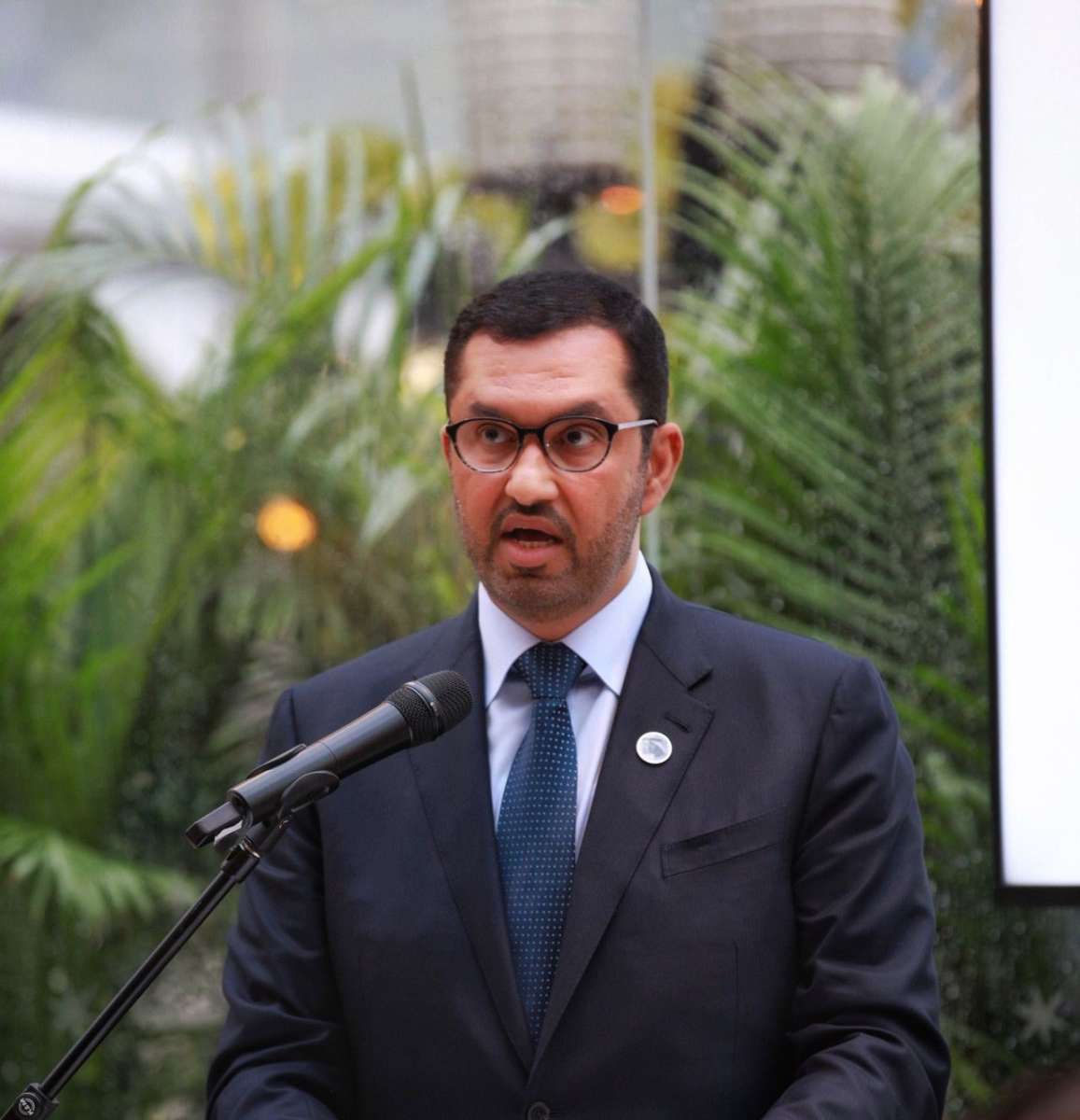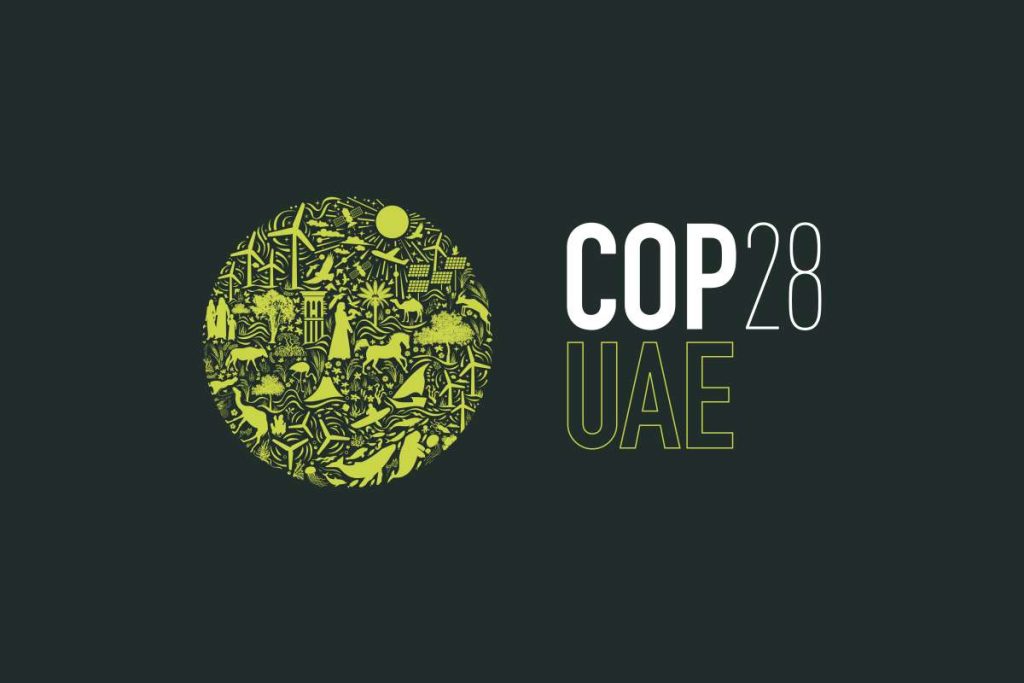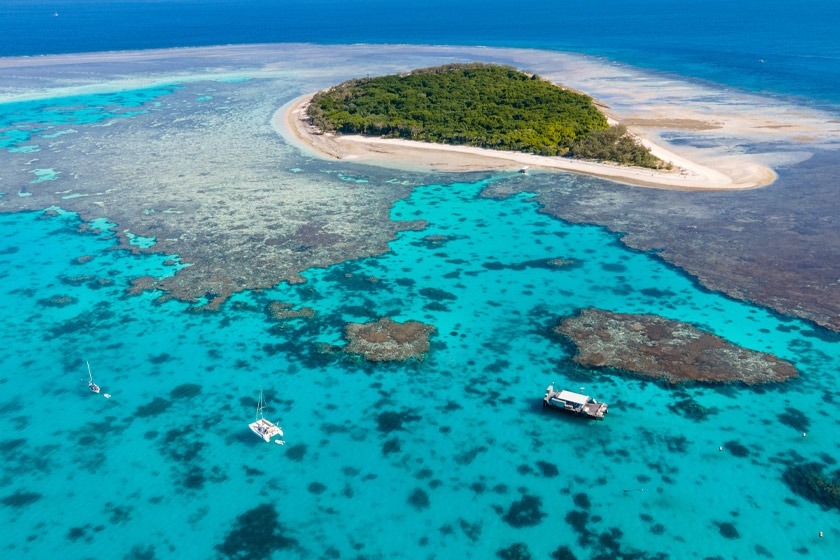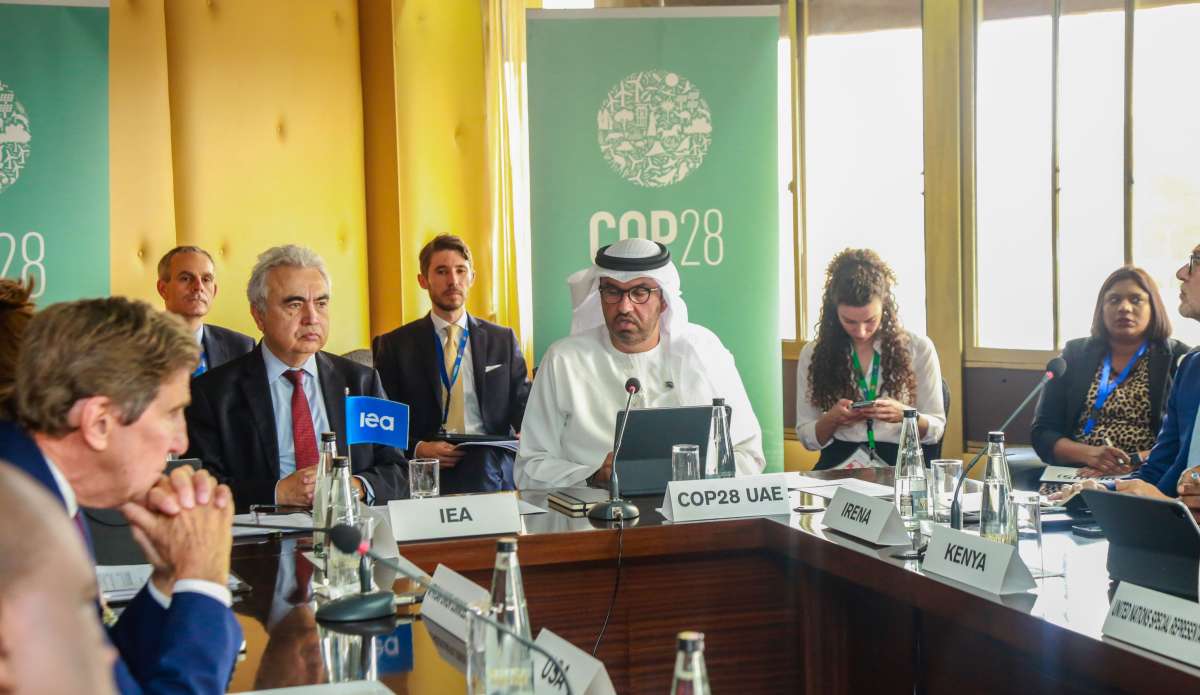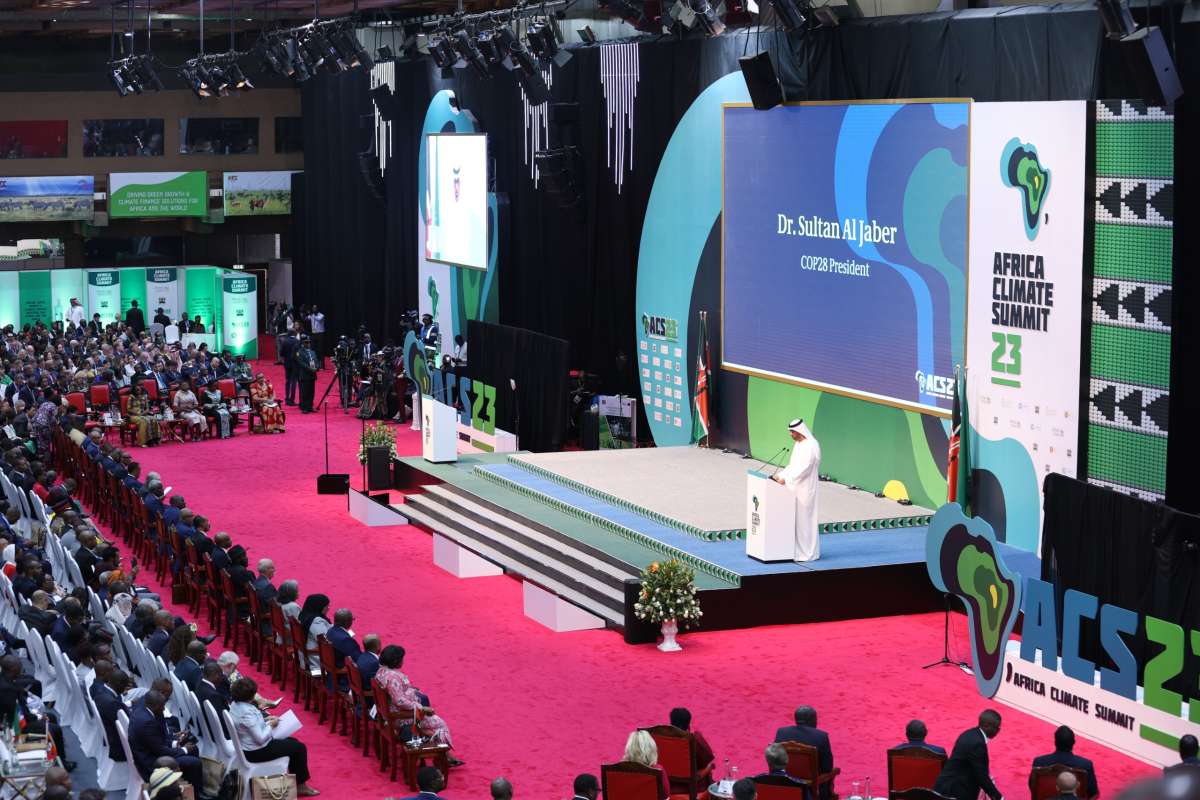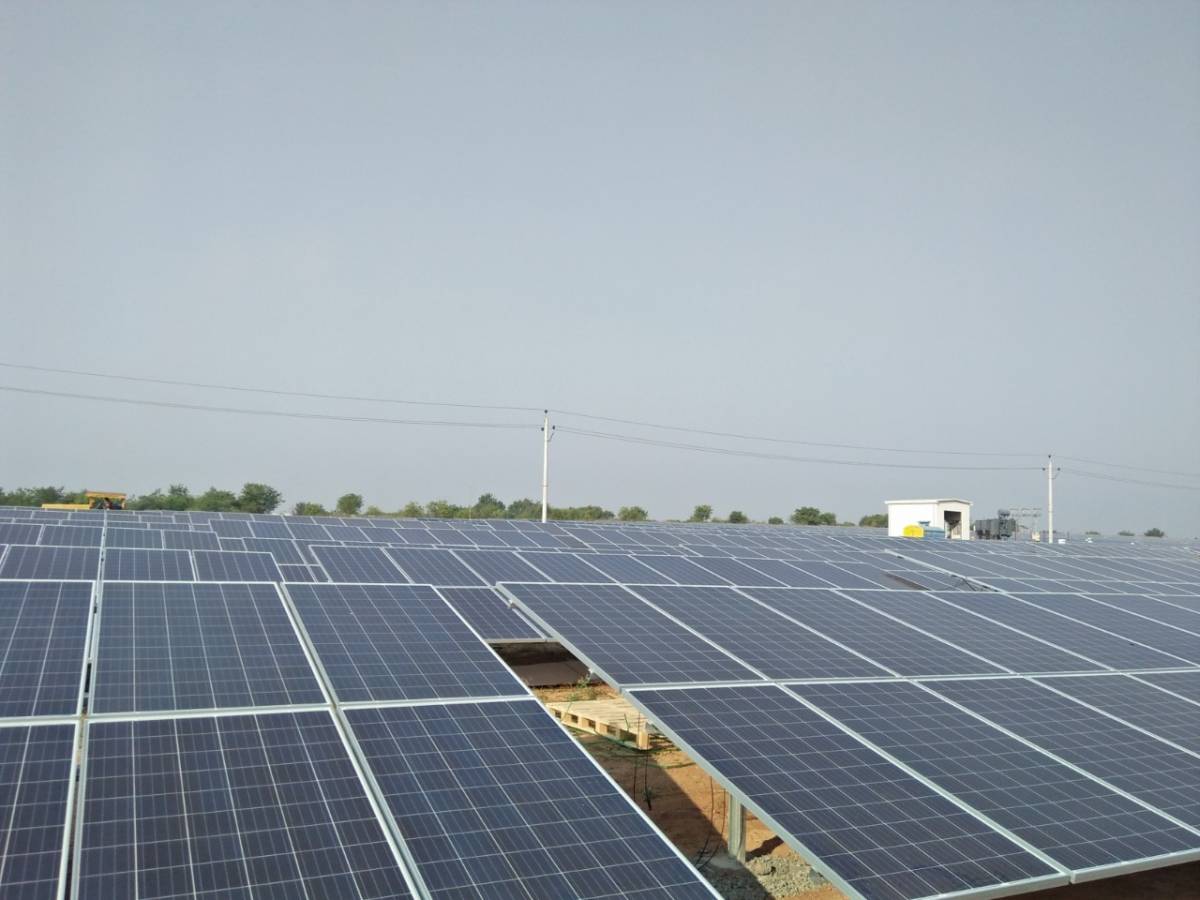Dr. Al Jaber called on “all parties to unite around a plan of action that is fully inclusive….reports Asian Lite News
Dr. Sultan bin Ahmed Al Jaber, Minister of Industry and Advanced Technology and COP28 President-Designate, addressed the inaugural Africa Climate Summit, held in Nairobi, Kenya, where he emphasised the need for mitigation and adaptation finance as critical success factors for climate progress in Africa and globally.
Noting that the world is “losing the race to secure the goals of the Paris Agreement and struggling to keep 1.5 within reach,” Dr. Al Jaber called on “all parties to unite around a plan of action that is fully inclusive, a plan of action that fast tracks a just, responsible and well managed energy transition, focuses on people, lives and livelihoods, and fixes climate finance.”
Al Jaber announced that “The Abu Dhabi Fund for Development, Etihad Credit Insurance, Masdar and AMEA Power will join with Africa 50 as a strategic partner under the guidance of the UAE and African leadership to develop 15 GW of clean power by 2030. Working together, we will deploy US$4.5 billion that will catalyze at least an additional US$12.5 billion from multilateral, public and private sources.”
“It is our ambition that this will launch a new transformative partnership to jump start a pipeline of bankable clean energy projects,” Al Jaber said.
The President-Delegate explained that the partnership will “demonstrate the commercial case for clean investment” across Africa and “act as a scalable model that can and should be replicated. it is designed to work with Africa, for Africa.”
Al Jaber acknowledged that “Africa contributes just 3 percent of global emissions, yet suffers some of the worst consequences. Droughts, floods and failed harvests have exposed one fifth of Africa’s people to hunger, tripled the number of people displaced in the last three years, and is dragging down Africa’s GDP growth by at least 5 percent every year.
Al Jaber also recognised the scale of energy poverty within Africa, acknowledging that “almost half of Africa’s population still have no access to electricity, almost one billion people lack clean cooking fuels, and this energy gap will only increase as Africa’s population grows.”
Discussing how to fast track low-carbon solutions for Africa’s growing population, Al Jaber said that the “key to making this happen is finance, but it must be made available, accessible and affordable.”
As a part of the COP28 Presidency’s Action Agenda, Al Jaber emphasised his plan to fix climate finance. He urged donors to “close out the 100-billion-dollar pledge they made over a decade ago and to replenish the green climate fund. In parallel, we need a complete upgrade of the global financial architecture that was built for a different era. IFIs and MDBs must up their game, including by raising concessional capital and lowering debt burdens. They need to attract and leverage private capital at a multiple. And the multilateral, public and private sectors need to mesh together and work as true partners to accelerate the delivery of practical solutions and real, impactful projects on the ground.”
Addressing the imbalance between financing for mitigation and adaptation, Al Jaber called on donors to “double adaptation finance by 2025”, and to “transform the Global Goal on Adaptation from theory and text into tangible action and real results.” We also need early pledges for the loss and damage fund, to help vulnerable countries recover from severe climate impacts that they are already experiencing:
The COP28 President-Designate stated, “What was promised in Sharm El Sheikh, must be fully operational in Dubai.”
During his remarks, Al Jaber also highlighted many of Africa’s trailblazing climate initiatives noting that many African countries are already leading the way. Al Jaber noted how “Kenya is closing in on its goal of 100 percent clean energy by 2030, the African Union’s Great Green Wall is helping reclaim degraded agricultural land across the Sahel. Ethiopia’s Green Legacy Initiative is enhancing food security and stimulating green jobs across the Horn of Africa. And the countries of the Congo Basin are protecting vital rainforests and helping preserve the world’s natural carbon sinks.”
Al Jaber expressed his belief that Africa is “a beacon of hope, filled with potential and a global example of what pro-climate, nature positive development should look like.”
Al Jaber concluded his remarks at the summit by saying that climate change is a “global fight and demands a global solution”. If Africa loses, we all lose, If Africa succeeds, we all succeed. Progress for one is progress for all.
This inaugural Africa Climate Summit was co-hosted by the Republic of Kenya and the African Union Commission, to convene national leaders from across Africa and the world, as well as leading figures from business, policy and civil society: to design and catalyse solutions which address climate change in Africa and across the world.
The summit was attended by global and African leaders, including UN Secretary-General Antonio Guterres, President of the European Commission Ursula von der Leyen, Chair of the African Union Commission, Moussa Faki Mahamat, and President of the African Union President Azali Assoumani.
The full COP28 Presidency team accompanied the COP28 President-Designate to the Summit, taking part in a series of speaking engagements, meetings with national leaders, and community visits to improve collaboration on climate action.
During the visit, Shamma Al Mazrui, Minister of Community Development and COP28 Youth Climate Champion, visited the Kibera Slum, Africa’s largest urban slum, to meet individuals whose lives are profoundly affected by climate change. Razan Al Mubarak, UN High-Level Climate Champion for COP28, took part in a series of events focusing on nature-based solutions for climate action, investments for nature, and inclusion.
Majid Al Suwaidi, Director-General of COP28, participated in an event to develop solutions for Voluntary Carbon Markets and announced a new “Pact on Fragility”, developed in collaboration with Kenya and Germany, to drive finance to countries experiencing climate change and conflict. Al Suwaidi also visited the Dadaab refugee camp and witnessed the experience of refugees who have fled conflict in Somalia, whose hardships are compounded by prolonged droughts.
Dr. Al Jaber also engaged in bilateral meetings with African leaders, including the presidents of Kenya, Nigeria, Ghana, Mozambique, African Development Bank, and several important officials and heads of states. Discussions revolved around mobilising broader support for the COP28 agenda, addressing vulnerability to climate change impacts, seeking critical EU endorsement for COP priorities, garnering support for the hydrogen agenda, accelerating financing for adaptation efforts, and pursuing outcomes related to nature conservation packages, and many other important areas.

